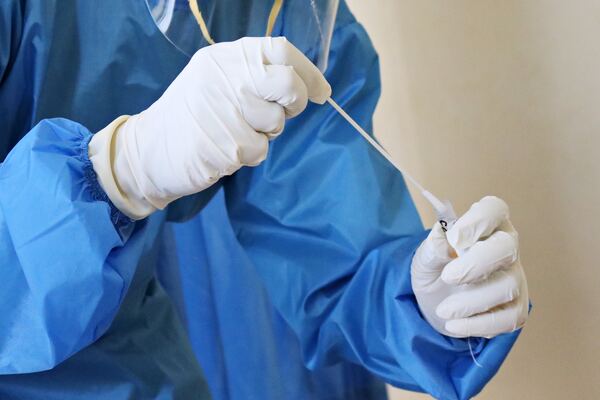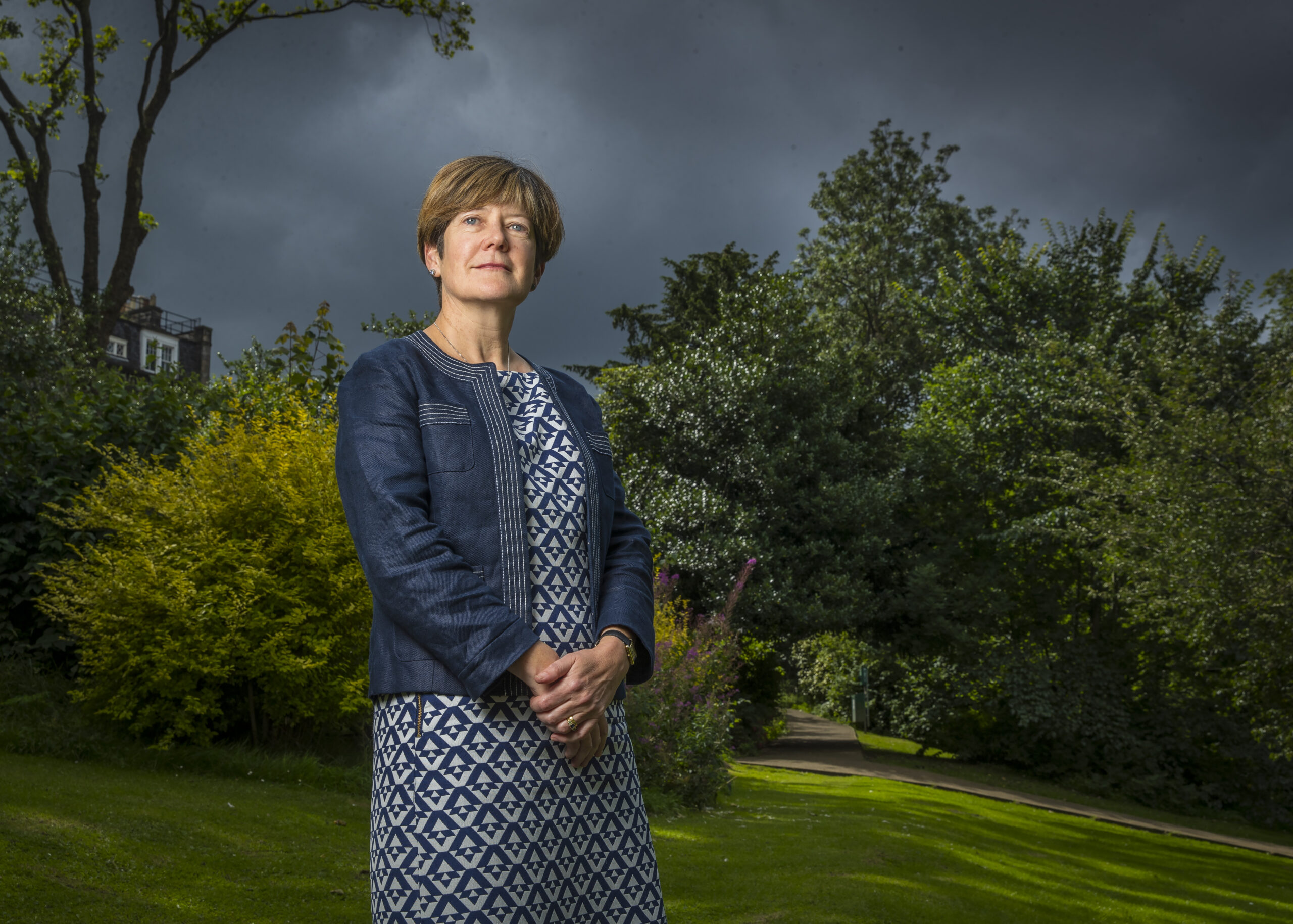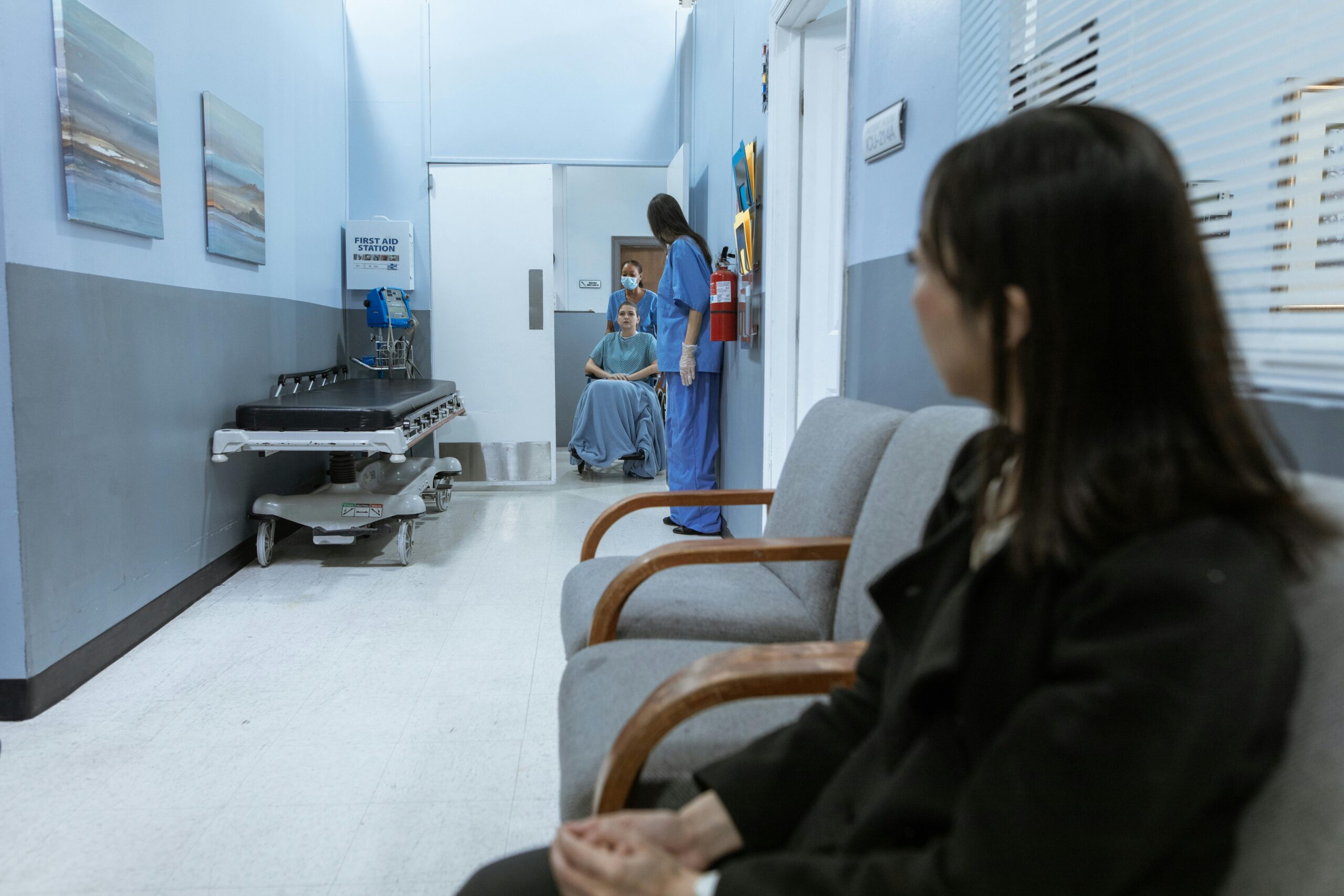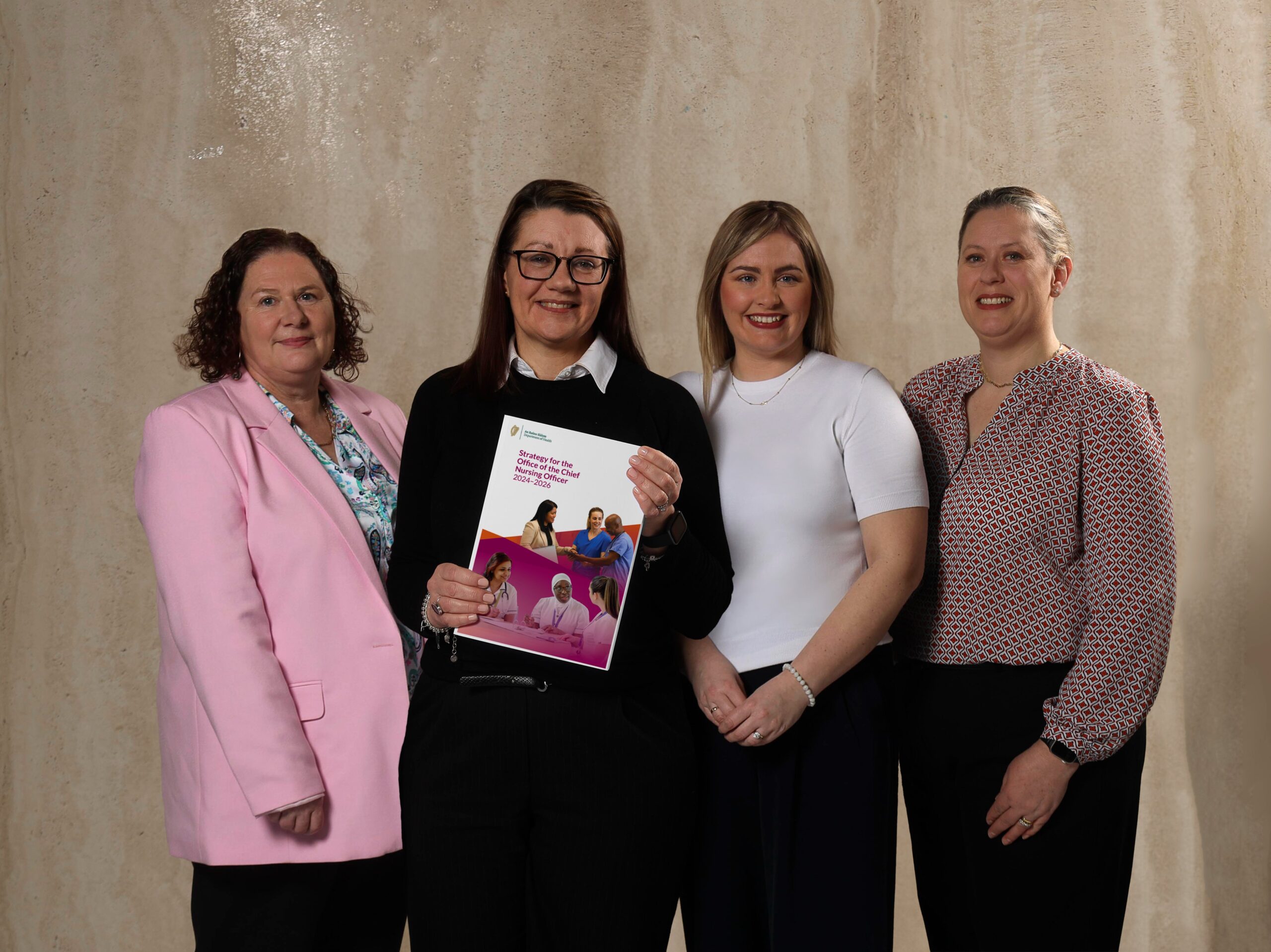Survey Shows 10% of Irish Adults Experienced Symptoms of Long Covid

New data released has found that 10 per cent of adults in Ireland have experienced symptoms of long Covid following an initial period of infection with the virus.
The data is based on a survey carried out by polling company Ireland Thinks and was commissioned by Denis Naughten TD.
Deputy Naughten has called for long Covid to be recognised as an occupational illness for frontline workers, while also urging the government to address the prolonged care requirements of those who are actively living with long Covid.
The study is one of the first surveys to provide data on the lifetime prevalence of long Covid symptoms in the Irish population and demonstrates the need to fully implement the HSE’s recommended ‘three pillar’ approach to long Covid – one that incorporates patient-led rehabilitation, generalist assessment and support, as well as specialist assessment and rehabilitation.
The polling data shows that:
- One in every ten adults have experienced symptoms of long Covid following a period of infection with Covid-19.
o 12 per cent of women reported having experienced symptoms, compared with seven per cent of men. - Of this group, 68 per cent reported that their ability to conduct daily activities had been either ‘somewhat affected’ or ‘severely affected’ as a result of their symptoms.
- The most commonly reported symptoms include fatigue (81 per cent), shortness of breath (57 per cent), memory problems (53 per cent) and sleep problems (48 per cent).
While the HSE commissioned its own survey on long Covid just three weeks ago, the results are unlikely to be known for some time.
This new survey is the first of its kind to be conducted in Ireland and offers a stark perspective on the community prevalence of long Covid, which does not currently have a defined treatment pathway.
Naughten said the government should work in tandem with the HSE, patients, frontline clinicians and other stakeholders to expedite the delivery of a national action plan on long Covid.
This means classifying it as an occupational illness for frontline workers, allocating funding to fully operationalise specialist clinics, and recruiting specialist clinicians across the health service.
Commenting on the research, Naughten said the figures are indicative of the sheer scale and severity of this issue, stating, “that one in every ten adults experienced symptoms of long Covid following an initial period of infection should serve as a stark warning of the pressure that will be placed on our health system in the months ahead.\”
While the symptoms of long Covid are currently ill-defined, they do include fatigue and brain fog, which are experienced at least 12 weeks after the initial infection for significant periods of time, in some cases over two years.
Naughton added, “it is clear that many patients have a significant and often complex symptom burden and need access to cross-speciality, multidisciplinary treatment. At present, many people are simply not receiving this care.”
Source: Irish Medical Times
You might also like
For relevant updates on Emergency Services news and events, subscribe to EmergencyServices.ie









